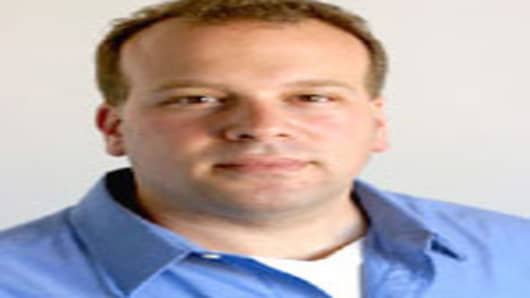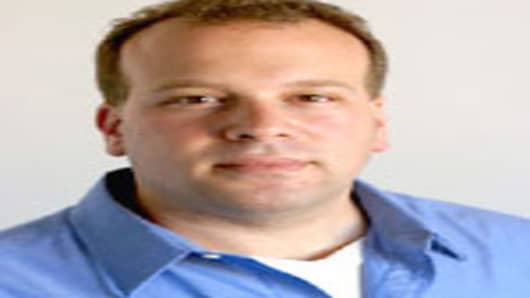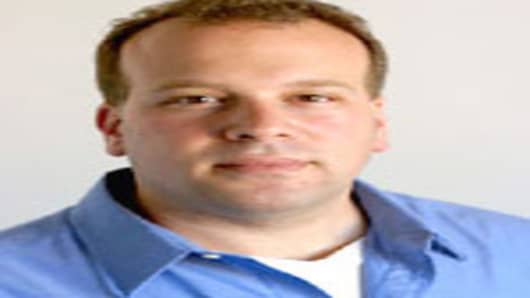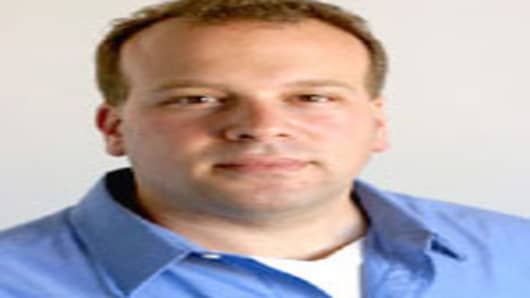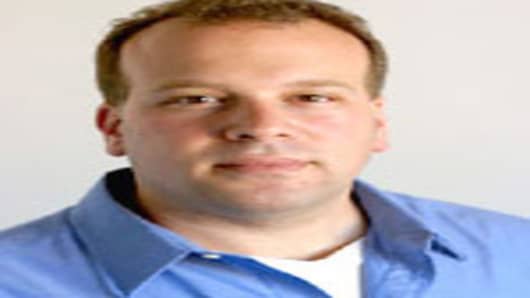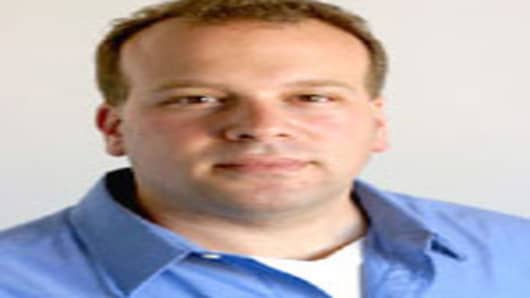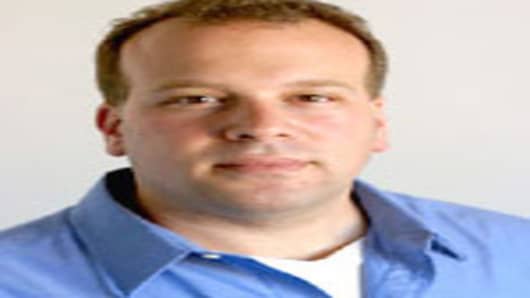You can never really know what it’s like to be at the annual meeting of the World Economic Forum in Davos unless you’ve been. So for those who aren’t part of the world’s business or political power elite, getting an invitation is a huge personal compliment – and also a sign of the times.
“Bloggers are being invited to the World Economic Forum. Time out, let’s push the reset button,” joked Davos newbie David Sifry, founder and CEO of Technorati, an Internet search engine that culls through some 65 million blogs and other independent, user-generated content.
“Citizens are joining the ranks as recorders [of news events],” said Sifry, who was invited as part of WEF’s Technology Pioneers program, which recognizes companies for their life-changing technology innovations. “Something big has happened. You know there’s been a power shift.”
And that’s the theme of this year’s meeting – “Shaping the Global Agenda, The Shifting Power Equation” – which kicks off Wednesday and runs through Jan. 28.
And what a shift it is. Among the 2,400 participants descending on the Swiss resort town are YouTube co-founder Chad Hurley and MySpace founders Chris DeWolfe and Tom Anderson – giants in the user-generated content space.
They will mingle with Davo-tees Bill Gates and Bono and numerous heads of government, including British Prime Minister Tony Blair and German Chancellor Angela Merkel. As well as entrepreneurs like Alan Gershenfeld.
“If you look at all the big power shifts throughout history, many are driven by technology,” said the Davos newcomer and CEO of content-sharing service Netomat, another WEF Technology Pioneer. “Technology has accelerated shifts in power, all the way back to the printing press.”
“Information is power,” he added, “and the rapid acceleration of technology to enable access to information has many dramatic impacts.”
Which will be more than evident at Davos. In addition to televising, webcasting and podcasting Davos as it has in the past, WEF will aggregate blogs and offer so-called vodcasts and vlogs for the first time. Media partners of the project include the Huffington Post, The Guardian, BBC and Buzzmachine. A virtual journalist will even do interviews on the Second Life website.
So while you can’t be at Davos, you can get a taste for it. These efforts at “expanding the Davos conversation,” though, may do little to silence critics who say the event is no more than a power-hungry few plotting global domination behind closed doors. (Coincidentally, the World Social Forum, the antithesis of the WEF, is underway in Nairobi, Kenya, and runs through Thursday.)
In addition to technology, energy and global warming will be hot topics at the 2007 meeting. For small businesses like Dust Networks, Davos is an extraordinary opportunity.
“Every startup has dreams of changing the world,” said Joy Weiss, CEO of the company, which makes wireless technology that controls building systems and tracks environmental statistics such as temperature and pressure. “Our technology puts the infrastructure in place to provide solutions for energy management.”
It’s this mix of entrepreneurs, corporate giants and political and civic leaders that makes the Davos experience unique.
“You’re always hearing amazing things about Davos,” said Sifry of Technorati. “Unlike other conferences, you’re not learning from someone who was paid to speak there. You’re learning from a Nobel Prize winner.”
Netomat’s Gershenfeld said the learning goes both ways.
“It’ll be interesting to see how the people in power look at the people who are responsible for the shifts in power,” he said.
For five-time participant Gillian Caldwell, “Davos is a place where a lot of conversations happen that otherwise would never take place.”
Caldwell, executive director of Witness, a human rights group co-founded by musician and activist Peter Gabriel, speaks to attendees each year about various topics, including corporate accountability and human rights issues. Last year, Caldwell persuaded actress Angelina Jolie to get involved with the group’s work.
“I’ve learned to expect the unexpected,” Caldwell said. “You never know who you’ll be sitting next to on the shuttle.”
It’s this unpredictable atmosphere that permeates Davos and has attendees eager to return.
Last year, economist Nouriel Roubini chatted with the heads of Google about the economics of information aggregation on the Web.
“You can bump into anybody and they’re open to talk to you because they think you’re another intelligent and interesting person,” said Roubini, a professor at New York University’s Stern School of Business, who runs his own consultancy Roubini Global Economics and worked for the White House's Council of Economic Advisors. He's back this year as a panelist discussing the global economic outlook for 2007.
“A lot of the action happens in the background, not on a panel or stage,” said Roubini, when asked about criticism that no real action comes out of Davos. “The benefits occur over time.”
Of course, Davos is not all about power shifts and global agendas.
“I really want to take the class in curling,” said Gershenfeld of Netomat. “It could be a great way to network, and maybe I’ll discover the makings of an Olympic career.”


